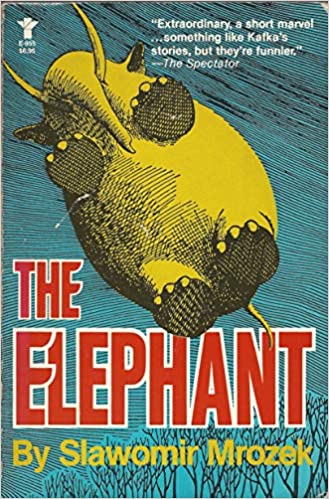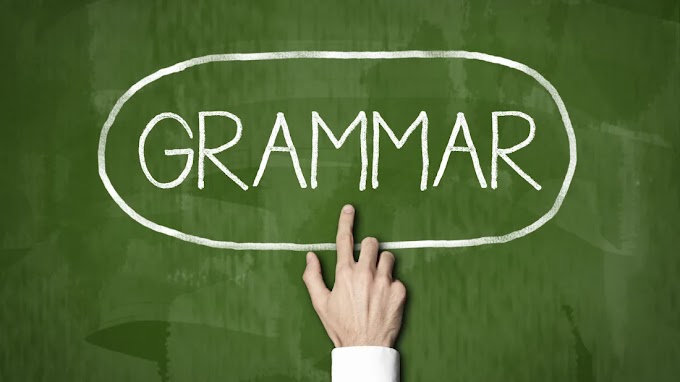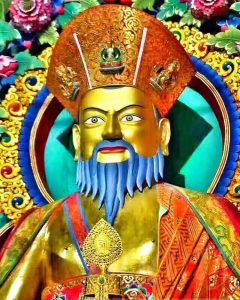WORLD HISTORYChapter OneFASCISM (Italy/Mussolini)-1918-1945 * POST WAR DISCONTENT:
* POST WAR DISCONTENT:
ü Italy’s
unification was completed in 1870
ü The new
state was weak both economically and politically
ü Italy
signed the Triple Alliance in 1882 with Germany and Austria.
ü In
1915, Italy signed a secret Treaty of London with Great Britain, because the
Allied powers promised Italy the territories of Trentino, Trieste and Northern
Dalmatia, a special war loan and war indemnity.
ü In
return Italy was asked to remain neutral between the Allied and Alliance
ü When
the World War broke out, Italy remained neutral, thus Italy took part in the
First World War on the side of the Allied powers on the bases of understanding
in the secret Treaty of London.
ü After
the War was over, the Allied powers didn’t fulfill their obligations in the
Peace of Paris. Italy was not given these province territories.
ü In this
situation their developed a sense of disappointment among the people and Italy
government wanted a strong authority to take up a strong nine.
ü Between
1919 and 1922 five different governments came to power but they were incapable
of taking decisive action.
ü Government
couldn’t work smoothly because situation became worse due to rapid growth of
population, high taxation on the people, high prices etc.
ü In this
situation Benito Mussolini found the Italian Fascist Party in 1919.
ü In
1921, election the Fascist party captured 35 seats.
ü Fascist
resigned on October 27, 1922 and Mussolini marched to Rome with his followers
on October 30, 1922 without any resistance.
ü The
king Victor Emmanuel made him the prime minister and Mussolini formed a
government.
Fascist
It is
derived from the Greek word FASCES meaning a bundle of rods with protruding axe
which symbolize the power and authority of the ancient Roman Empire. They wore
black shirts and follow quasi-military methods and are patriotic.
FASCISM:
Modern political ideology
that seeks to regenerate the social, economic and cultural life of a country by
basing it on a heightened sense of national belonging or ethnic identity.
FASCIO:Italian word- union/league. Bundle of sticks
with protruding axe used by Roman Consuls to punish the wrong doers.
SOCIALISM:Is an economic and political theory advocating
public/common ownership and cooperative management of the means of production
and allocation of resources.
WHY WAS MUSSOLINI ABLE TO COME TO POWER?
Because of following
reason:-
1.
Disappointment
after the war:
There was a general understanding that Italy
had not been properly compensated from the Paris Peace Conference. The Allied
powers didn’t fulfill their obligations which were assured to Italy by the
Secret Treaty of London, 1915. They were not given the Port Fiume but this was
given to Yugoslavia.
2.
The
economic effect of the war:
The economic effects of the war on Italy were
disastrous. The government had to pay heavy loans which they had borrowed from
U.S.A. The demobilization of Army after the war intensified the unemployment
problem. There was restriction in international trade; the value of currency
rapidly declined and cost of living became very expensive. Factories were
closed down and unemployment increased and frequent labor strikes spread all
over the country.
3.
Lack of
faith in parliamentary system of government:
There were at least nine political parties
when votes for all men and proportional representation were introduced in 1919
election. With the formation of many political parties, no stable government
was formed and the coalition government was inevitable. As a result no
consistent policy could be persuaded and none of the government was capable of
taking a strong decisive action that the nation whole heartedly demanded. As a
result, the people were disillusioned and there was growing contempt and
impatience with a system.
4.
A wave
of strikes:
In the absence of a stable government, there
were serious labor strikes especially in the industrial regions. The workmen
seized the factories, they were accompanied with rioting, and looting of shops
and the helpless peasants seized the properties of the Land lords. Thus, the
Italian government failed to protect the private property of the citizens. This
clearly revealed the weakness of the government in failing to solve the
economic situation of the country.
5.
Mussolini
and the Public Support:
Mussolini and his Fascist party were able to
attract many sections of society as he promised to rescue the country from
unstable and weak/feeble government. When the factories were seized by the
people he showed sympathy and come out as the defender of private enterprise
and property. In this way, he was able to get financial support from wealthy
business interests. He also began to make good relations with the Roman Catholic
Church through his conciliatory speeches.
6.
Lack of
effective Opposition:
The anti-Fascist groups failed to co-operate
with each other and made no determined efforts to keep the Fascists out. The
government was not powerful enough to control lawless situation. For instance,
when the communists refused to co-operate with the election (1921) with the
hope of getting support from Fascists however, Fascists secured 35 seats only
and majority of seats were secured by the socialists party, but socialists party
failed to co-operate with Giolitti government and frustrated Giolitti resigned.
Hence, the socialists tried to use the situation for their own advantage by
calling a general strike of 1922.
7.
The
General Strikes of 1922:
When the general strike began in the summer of
1922, the Fascists took advantage of the situation and declared that they would
quell/suppress the strike if the government failed to do so. When the strike
failed through lack of support, Mussolini marched upon Rome after finding the
situation more favorable. He reached Rome with 50,000 followers (black shirts)
with practically no resistance from the King Victor Emmanuel III. Mussolini was
made the first ever Fascists Premier in history. In fact, he won the majority
of the support from the people.
Q. Why the King allowed the Mussolini to become the Prime Minister?
There was Lack of confident in Lugi Facta (the then Prime Minister
of Italy). The King had also doubt that the army with Fascist sympathy could be
relied on to obey his orders to attack the supporters of Mussolini. The king
had also an apprehension (worry) that a long civil war would ravage the country
if the army failed to suppress the Fascists quickly. He was also afraid that
some of the general might force him to abdicate the throne in favor of his
cousin, the Duke of Aosta (who openly supported the Fascist)
Features of Mussolini’s Domestic Policy
ü Ban
on all Political parties
The leaders of the other parties and those who
opposed the Fascist ideas were either killed or exiled. Eg. The socialist
leader Giacomo Malteotti and Giovanni Amendala were beaten death by the
Fascists thugs. All important decisions were taken by the Fascists Grand
Council as per the advice of Mussolini. In this way, Mussolini adopted the
title of IL DUCE of the country.
ü Changes
in Local Government
After consolidating his position, Mussolini
introduced changes in local governments to suit his own purpose. Thus all the
elected town councils and mayors were abolished and town and cities were run by
party leaders known as “Ras” became powerful than the government officials.
ü Strict
Press Censorship
The Fascists government, introduced a strict
Press Censorship in which Anti-Fascist Newspapers were suppressed and their
editors replaced by the Fascists supporters. Radio, Films, Theatres were also
controlled by the Fascist government.
ü Control
on Education System
Education system of the country in schools and
colleges were strictly supervised. Teacher had to wear uniforms and new
textbooks were written to glorify the idea and ideologies of Fascism. Every
young people were forced to join government youth organizations where they were
taught the glorification of Fascists regime.
ü Co-Operation
between the works and Employees
The government tried to promote co-operation
between the employers and workers by setting up the corporate states. Both
unions and employers associations were organized into corporations to improve
the working conditions and disputes over pay. Workers were assured of some
benefits like free Sunday, annual holidays with pay, social security, sports
and theatre facilities and cheap tours and holidays.
ü Understanding
with the Pope
One of the outstanding achievements of the Fascists government was
the settlement of dispute with the Papacy. By the Lateran Treaty of 1929, the
Pope recognized Mussolini as the head of the government. In turn Mussolini
recognized Vatican City as an independent city; he paid the Pope a large sum of
money as compensation for the loss of his temporal possession. Accepted
Catholicism as the official state religious institutions and made compulsory in
all schools.
The main principle of Fascism
ü Extreme Nationalism
Fascism
believed in building up the greatness and prestige of the state with an idea
that one’s own nation is superior to others
ü A Totalitarian system of Government
As per
fascism, the people’s way of life should controlled and organized to promote
the greatness of the nation was more important than the interest of the
individual
ü One party system was essential
According
to fascism, there was no place for democracy and the fascist were very hostile
to communism. They believed in hero or leader worship which was great in
winning mass support with thrilling speeches and skillful propaganda to make
the nation great among others.
ü Economic self sufficiency
According
to fascism, economic self-sufficiency is very important in developing the
greatness of the nation. So the government must direct the economic life of the
people and the country.
ü Military strength and Violence
Fascist
believed in aggressive militarism and violence which were very important part
of the way of life, once Mussolini remarked, Peace is absurd, Fascist doesn’t
believe in it. Hence, the fascist party believed that they had captured by
revolution, they allowed the violent treatment of opinions and carried on an
aggressive policy to make Italy a great power again.








0 Comments